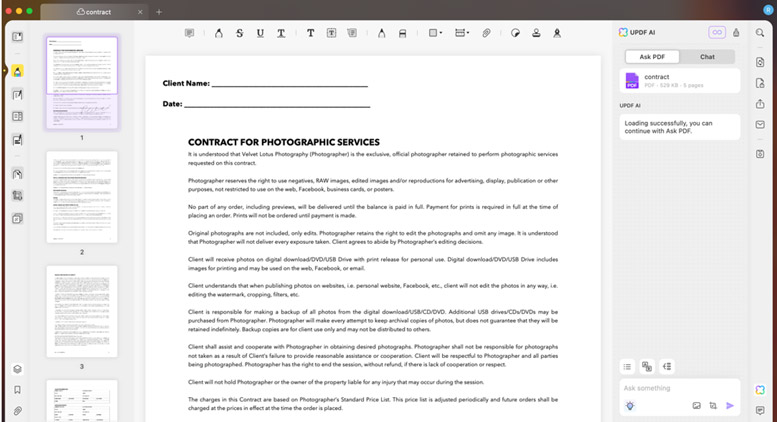Are corporate employees free moral agents?
Finding an ethical way to restore balance when dealing with corporations
During our discussions over the last two weeks on the corresponding ethical obligations between individuals and corporations, many people have made the point that when we deal with corporations, we are dealing not with the corporate entity itself, but with individuals who are moral agents like ourselves. Therefore, they say, all the old rules apply.
I’d like to be convinced of that, but I’m afraid I fall a little short. This is why I constructed the “thought experiment” in my last column (see “People like the old rules”) of a totally automated hiring system that completely removed human interaction, asking whether people would then feel bound by their word. No one who responded to the column really tackled that question.
But the issue opens up the question of whether, when dealing with corporate employees, we really are dealing with free moral agents. On one hand, of course, they are. They can make decisions about certain things and they can act as if they are in charge. On the other hand, their ability to make many decisions is so severely constrained that it calls their freedom into question.
Let’s go to a hiring example. Suppose I’m applying for a job at a mega corporation and am dealing with a very nice person who’s a hiring manager. The manager, in good faith, offers me a job and I, in good faith, accept. Before my starting date, I get a better offer. Am I bound by my word? Some people say yes. Personally, I would probably feel the same way.
But let’s turn it around. Suppose, the day after I was hired, the hiring manager receives a notice to either not fill the position or to hire someone else — the CEO’s nephew, perhaps. What can the manager do? Pretty much the only choice is to do what the orders say and to give me the “I feel awful, but there’s nothing I can do” speech. The manager could, of course, ignore the order and put me on the payroll anyway, but that would simply result in both of us being out of work.
So, while in some ways the hiring manager is a free moral agent, when acting as an agent of the corporation, he will have to do whatever it is the corporation wants and not what his sense of ethics tells him is the right thing. When you come right down to it, despite the fact that I am dealing with a human interface, my real interaction is with the corporation.
What we’re left with here is an asymmetrical situation. Most of us want our word to mean something and want to enter into these types of negotiations with a sense of honor and ethics. On the other hand, corporations, lacking this moral motivation, do whatever best suits their bottom line. Our needs, feelings, and inconvenience are not factors in the equation. What are our choices?
We could continue the current asymmetry. We could continue to play by rules that have been found to work well in moral agent-to-moral agent relationships. We will lose most of the time, but we will feel good about ourselves (as so many people have told me). I think that only works for a little while, and that as time passes, we will begin to feel worse.
In fact, you could make an argument that a lot of the trouble in society can be directly traced to people feeling out of control. When people perceive that they are always on the losing end, they begin to develop some pretty hostile feelings. This usually plays itself out in anti-social behavior in one form or another.
Our second choice is to adapt. We can simply take the attitude that if they’re not playing fair with us, then why should we play fair with them. In fact, many people responding to my last two columns said as much. Some of these readers went so far as to make the distinction between when we should feel bound and when we shouldn’t. Some suggested reciprocity — treat the corporation the way it treats you, the way you think it will treat you, or the way it has treated other people.
As much as I can see how people get to that point, I just can’t buy it. And I particularly can’t buy a floating, highly subjective standard for when I keep my word and when I don’t. First, it’s just too much work, and I’m not that ambitious. Second, it’s open to faulty judgment about the motives and possible behavior of the other party.
But most important, the whole idea of keeping your word is an either-or proposition: either you do or you don’t. If you only do it some of the time, then it’s pretty much the same as not doing it at all, because people can’t rely on it. And the whole point of keeping your word is that people can rely on it when you say something.
The third possibility open to us is to change the nature of the corporation. While corporate abuses have existed for a long time, they became much worse in the period beginning with the 1876 ruling that declared them “persons,” giving them broad powers and removing many of the restrictions on them. In earlier times corporations were restricted to only the activities for which they were chartered, had limited life spans, and could be shut down if they failed to serve the public interest.
If we want to change the asymmetry and create some more balance between us and them, this is where we have to look. How do we do that? I’m not sure. It’s a legal and political matter. They real question is whether reform can happen at that level at all, given the immense power and wealth of corporations and the fact they have become so enmeshed and identified with the government. Until that change happens, or unless we’re willing to reframe our ethical stance vis-à-vis corporations, we may be doomed to live with the asymmetry and to always be on the losing end of these deals.




